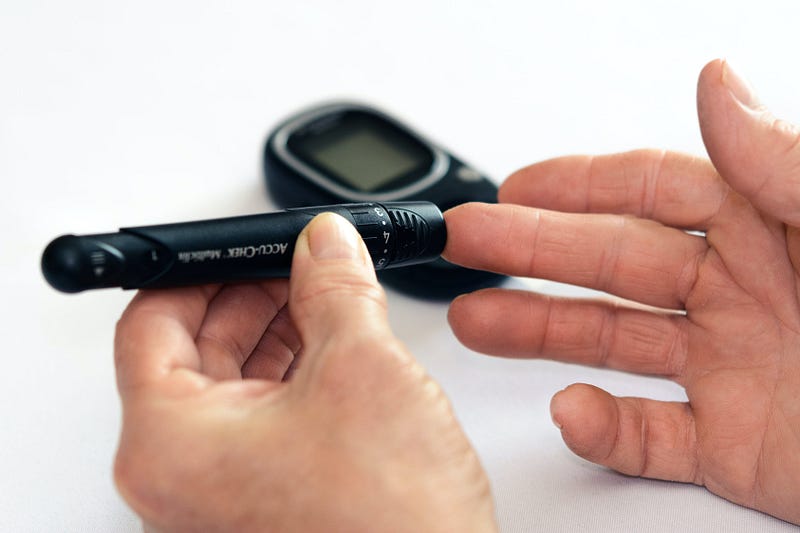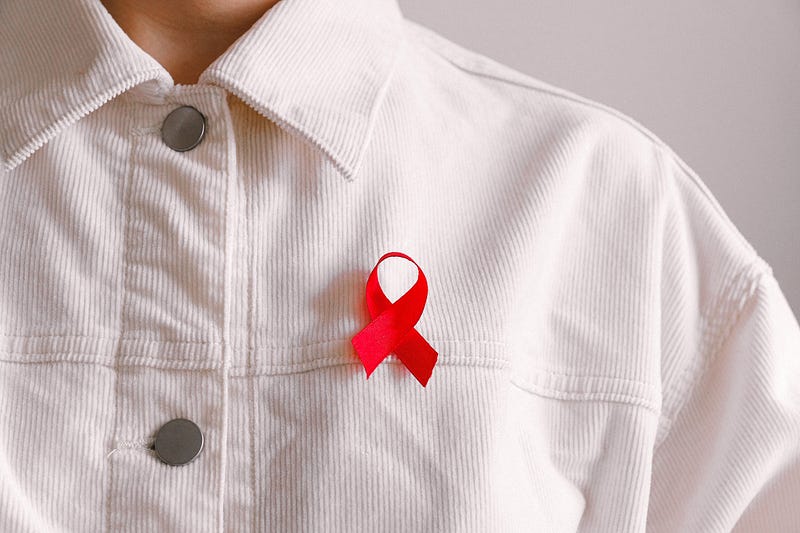AI-Powered Detection: Revolutionizing Cancer Diagnosis
Written on
Introduction to AI in Cancer Detection
The integration of artificial intelligence into scientific research has unveiled remarkable advancements. Recent developments from the University of Pennsylvania and the Perelman School of Medicine highlight an innovative AI device capable of identifying cancerous conditions by detecting specific vapors released from blood samples. This groundbreaking technology can "smell" cancer with an impressive accuracy rate of 90-95%.

The AI tool employs machine learning algorithms to analyze volatile organic compounds (VOCs) present in blood plasma. This capability suggests a non-invasive method for recognizing difficult-to-detect cancers, such as ovarian and pancreatic cancer.
Testing Methodology
In a recent study involving 93 participants, the AI was able to distinguish between various patient groups, including those with ovarian cancer, benign tumors, and healthy individuals. Out of the total participants, 20 were diagnosed with ovarian cancer, another 20 had non-cancerous ovarian tumors, and 20 were cancer-free. The study also included 13 patients with pancreatic cancer, 10 with benign pancreatic tumors, and 10 without cancer.
The AI demonstrated a remarkable ability to detect ovarian cancer with 95% accuracy and pancreatic cancer with 90% accuracy, successfully identifying all cases at an early stage.
How the AI Mimics Biological Detection
This AI functions similarly to the olfactory systems found in humans and animals. It detects patterns among various chemical compounds, much like how a dog might differentiate between distinct scents. Training the AI resembles the process of teaching a child or a pet; it learns to associate specific VOCs with cancerous cells and can draw complex conclusions based on these associations.
Richard Postrel, the CEO of VOC Health, played a pivotal role in accelerating the development of this technology, enhancing its speed and efficiency. VOC Health aims to enhance healthcare accessibility and reduce costs.
Advancements in Home-Based Cancer Monitoring
In Canada, researchers at Brock University and McMaster University are developing a device that enables patients to monitor their own blood for unique biomarkers linked to prostate cancer and potentially other types of cancer. This innovation proposes a home screening kit that functions similarly to how diabetic patients monitor their blood sugar.

Typically, when blood samples are submitted for testing, healthcare providers look for specific biomarkers that could indicate cancer. For instance, elevated levels of prostate-specific antigen (PSA) may suggest the presence of prostate cancer. Early detection is crucial to prevent the disease from progressing.
If this research progresses as planned, individuals could add a drop of blood to a reactive solution, place it on a testing strip, and use a reader system to identify the presence of cancer, akin to glucose monitoring.
Research Findings and Future Implications
The results of the initial study were presented at the Annual American Society of Clinical Oncology meeting in June. Researchers established that this "electronic nose" could accurately identify ovarian and pancreatic cancers in over 90% of the cases. Although the research is still in its early stages, the potential implications for early cancer detection are significant.
The second study's findings propose the feasibility of a home cancer screening kit, reminiscent of diabetic glucose monitors, which would assess cancer rather than blood sugar levels.

Looking Ahead: The Future of Cancer Detection
Currently, the research team behind the first study is collaborating with VOC Health to commercialize the device and explore its clinical applications. Meanwhile, the second study’s outcomes could complement the first, allowing people to monitor their health from home.
As we advance, the scientific community is gradually unraveling the complexities of cancer detection. Early diagnosis remains paramount. Anyone with health concerns should consult their healthcare provider—your health is worth the effort.
For further insights, consider the following videos:
AI is now revolutionizing early cancer detection | Emi Gal, CEO of Ezra - YouTube: This video discusses how AI is changing the landscape of cancer detection and its implications for the future.
Moving Beyond Mutation: AI-driven Functional Precision Medicine for Cancer - YouTube: Explore the advancements in AI-driven precision medicine for effective cancer treatment.